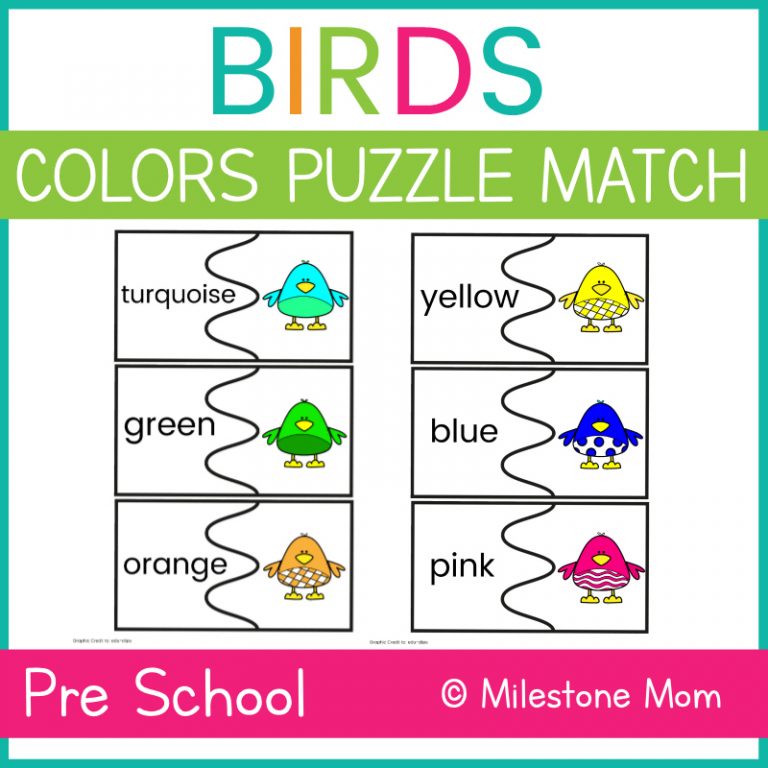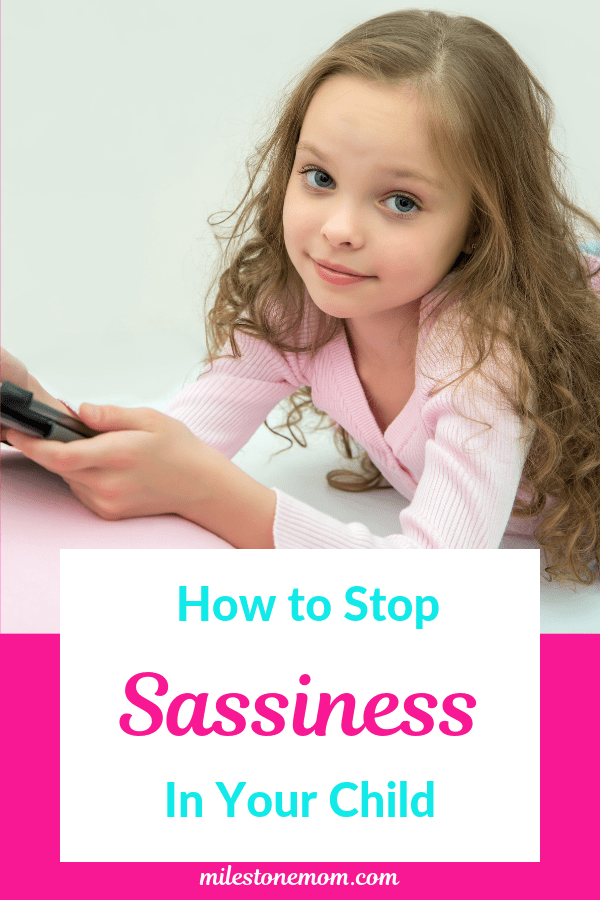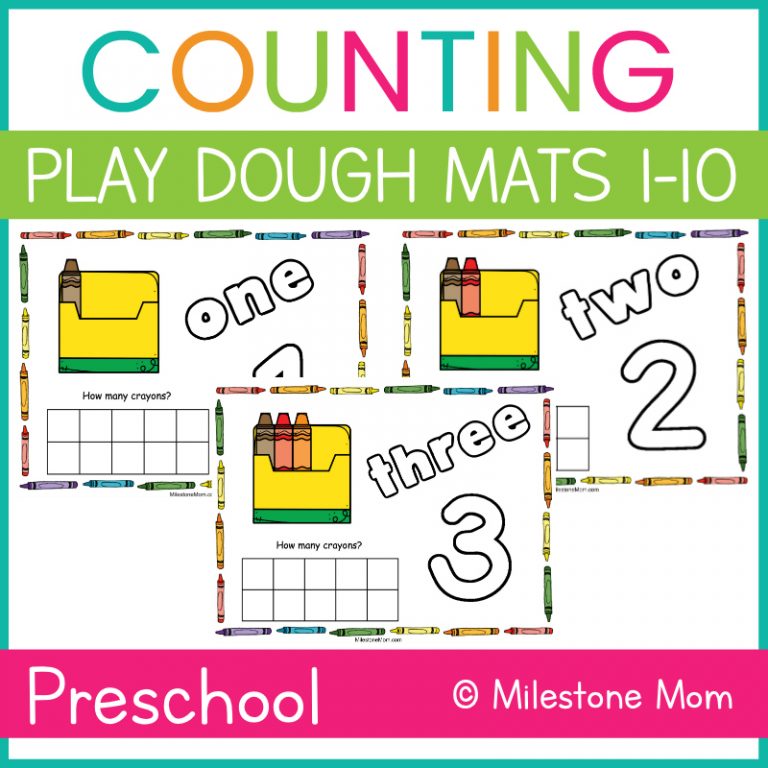Why is my toddler so difficult? Raising a Spirited Toddler

Disclosure: This post may contain affiliate links, meaning if you decide to make a purchase through my links, we may earn a commission at no additional cost to you. Read about our affiliate policies here.
Toddlers seem to have two modes: ticking time bombs or, a giggling ball of energy. It is for this reason that toddlerhood can be hard to navigate (for kids and parents alike). Just like you and me, toddlers have their own rationale. If I am fully honest, their rationale rarely lines up with ours, making it much harder. Almost all toddlers are this way, but some parents fall into raising a spirited child. Raising children with a strong-willed temperament can be a lot of hard work but it can be done.
Raising a Spirited Toddler
If you are raising a toddler like this, you know exactly what I am talking about. You may even be here because you find yourself looking up “difficult toddler temperament”, “strong willed children”, and “what to do about these negative behaviors”. If you ask yourself “Why is my toddler so difficult?” or feel like you are having constant power struggles on a constant basis, this may be a hint and characteristics of a strong willed child!
So what is the secret for raising a spirited toddler?
The secret is discerning the reasons for the difficult toddler temperament. If you can identify the specific reasons (which may even change on a day-to-day basis, or an hour-to-hour basis depending on how spirited your toddler is) that you are seeing difficult toddler temperament, noticing that is over half the battle to working with your child.
A Friendly Note about Raising a Spirited Toddler
Your toddler is (rarely) trying to be difficult or a “bad kid”. They have several reasons as to why they may be acting out, but it is seldom to just randomly cause chaos.
In the same way, difficult toddler temperaments are rarely at the fault of the parent. It is important to remember, that these children’s behaviors stem from big feelings in their small body. The result? Your child’s emotions have a hard time regulating.
Both the child and the adult are learning their way through this, so just as you are giving your child grace, make sure you are giving yourself some grace as well. Raising a spirited toddler is not an easy task, but it can be done!
Reasons for Difficult Toddler Temperament
Emotions
Toddlers are by nature, emotional beings. Much like you and I, they have a wide range of emotions. The difference is: they are learning how to appropriately navigate those emotions. The inability to consistently manage some emotions can mean that your toddler can easily spiral out of control (also known as a temper tantrum). Once you have a toddler having a full throttle temper tantrum, it is hard to help manage your child’s emotions and you find yourself in a battle of wills.
It is easy to meet anger with anger, or meet frustration with frustration, but take your child’s point of view—- your child is learning how to cope with their emotions, and they can only do that through guidance and observation. When your toddler starts watching more and more on how you handle situations, it will give him or her the tools needed to start controlling emotions without leading to temper tantrums. We will look more into this soon.
Communication Skills
Toddlers can lack effective communication skill to get their exact need or wants across. That can mean they will have a difficult time trying to communicate with kids and adults alike. The lack of communication skills can easily lead to frustration.
Imagine if you were simply trying to express something you wanted, or express basic needs, but could not find the words to ask. How would that feel? I imagine It would be a frustrating process. This is a good example of what your toddler has to go through to communicate with others. Combining this with your toddler struggling to control emotions, and it can be a double whammy. Working with your toddler on communication is a huge part of raising a strong-willed child.
Bad Days
Have you ever woken up and everything that happened that day bothered you? Despite your best efforts, you could not just shake the bad mood you were in. You and I have bad days and so does your toddler– this will obviously affect your child’s behavior. Often times we try to correct this one way or another and although it is in their best interests, this does not mean our efforts will be effective.
Just as much as you and I are allowed to have bad days, toddlers should be as well. When we try to correct their attitude or tell them to be less grumpy, it oftentimes makes things worse. One of the best ways to build a strong parent-child relationship is to acknowledge that our child will have bad days and accept them. We will talk about this more in a couple of paragraphs.
Following Examples
Toddlers are very impressionable. This can be both a good thing and a bad thing. They pick up on so many things that we don’t even realize they are seeing. It can be something as simple as misinterpreting what they see on T.V. that can cause them to act a certain way. They may also be mimicking what they see their friends doing. If you notice your toddler’s behavior coinciding with a new phrase you have not yet heard them say, the next step would be look into where the phrase came from. If you dislike the phrases or actions they are mimicking talk to your child about a better option; communication is always key.
Intuition
Your child’s emotions and child’s behavior go hand in hand with how you are feeling. Kids of any age can sense when you are stressed which, makes them feel stressed. Toddlers are more apt to make those feelings known to others. What you can show quietly is not the same for your toddler. These feelings can come across as disruptive behavior but in reality, they are stressed, worried, scared, and do not know how to regulate this.
To help combat this, you can try doing something fun with your toddler to alleviate the stress on both sides, such as cooking with your toddler. Again, we will talk about this more soon.
Change
Have you ever had a plan in mind and then suddenly there was a change to your plans? How did you feel? Stressed? Angry? Anxious? A change in your toddler’s normal routine can be a major trigger for any sort of behavioral changes they may experience. These changes could consist of anything from moving, family changes, and changes at school or daycare.
Even little changes can affect a toddler that thrives in routine. Changing up a bedtime routine, could be a huge factor in difficult toddler temperament. If you plan on changing a routine, start slow and build up. This will help tremendously.
Sickness
Even if your child isn’t showing any outward signs or symptoms of being sick, their body can still be trying to fight something off. If this is the case, they will not feel like they are on top of their game.
Sickness can do a number on the body. While your child may seem like they are physically feeling better their body will take a bit longer to catch up and fully repair itself.
Either of these options can mean that your child will be more irritable and harder to reason with, making it feel like they are being more difficult. Think about when you are feeling ill. Even when you do not have a fever or any outward signs of sickness, you still do not feel like yourself and it can lead to crankiness. The same can be said for your younger children. This would help explain some of the outburst that take place.
They Don’t Feel Like Doing It
I have to stop and remind myself that my toddler just might not feel like doing what I am trying to get him to do. From the time they wake up until the time they go to bed many of the decisions during the day are made from them. However, toddlers are learning what they like and dislike and what they want (or don’t want) to do.
While we have one agenda they may not be up for what we want them to do. I take these moments and use them as teachable moments. I use the peaceful parenting approach; I take the time to talk to my toddler about how it is great that he knows how he feels about it but, sometimes even grown-ups have to do things they don’t want to do.
Sometimes it is hard to grasp that toddlers are in some ways, little adults. They are beginning to insert their independence. Plus, they are beginning to realize they have their own thoughts and feelings. Thus, leading them into trying to make their own decisions which are easily construed by us adults as being difficult.
Helpful Tips
Raising a spirited toddler can be difficult and you often feel as though you are alone and do not know what you are doing. On top of what we stated above, here are some tips to help you get through the toddler phase and the most important thing– building positive relationships.
1.Clear boundaries- As stated above, toddlers are learning about their own independence but they also have a strong need for clear rules and clear expectations. If you put clear boundaries and expectations in place, your young child will know what is expected of them and they will know what they can and cannot do; it takes the guess work out of behaviors. So, pick some rules, and put them in place. Stick to them, on a regular basis—- even when it is difficult and it will help with your spirited toddler.
2.Positive parenting techniques- First, take a deep breath. Raising young children can be hard but it can be a little easier when you use positive parenting techniques. Basically, you explain to your child the expectations and talk them through difficult episodes. If they have a melt down, you listen to your toddler and work through it with them instead of disciplining them. You explain to them what they are doing wrong and discuss ways this can be fixed. Positive reinforcement is also one of the most important ways to enforce good behavior. When your toddler does something you are proud of, reward them with praise. This is a good way to reinforce the behaviors you want to see more of as well as teaching them expectations in your household.
3.Leadership skills- Use your strong willed toddlers behavior to your advantage! Teacher them how to be a leader! It is proven that children want praise and love to be seen as a leader. Start them out young. Show them how to use their strong will characteristics to their advantage. Give them leadership roles– tell them to take out the supplies for dinner, have them feed the dog. Think of household chores you want your children to learn how to do, and turn them into a game and something exciting for your toddler. This is a good way to build character, make your toddler happy, and train future great leaders.
4. Do not do time outs- I know, this might seem counter productive. You might be thinking, “how will my child learn when I do not want them to do something. As stated above, your child rarely is trying to act out. They have so many emotions in their little body and they do not know how to control them. When they act out of line, instead of a time out, sit down with them and explain to them your expectations and how they can change their behaviors next time. The only thing time-outs do is make your child more upset and confused as to why they are being punished. They are learning the world and the rules of it, I know it can be hard, but try to be patient.
5. Trust your instincts- when push comes to shove, YOU are the best parent for your child and YOU know what your child needs. If something does not feel right or if you have the instinct to do something differently, listen to those instincts. Every child is different and every child requires their own way of being raised– you know what your child needs. Sometimes it can be difficult because family members will try to help you by giving you advice– yes, listen to them, but when push comes to shove, listen to your gut– it will always lead you in the right direction.
I hope this article helps give you insight on why our child may seem difficult and gives you reassurance that you are not alone. It is important to remember that there is a wide variety of reasons as to why your toddler may act the way that they do but it is very rarely because they are trying to be “bad”. You are doing great. It is so hard to raise little adults. You are the best thing for your child, never forget that!
What steps do you want to take in reducing difficult toddler temperament while raising a spirited toddler? Comment below! We would love to hear from you!
What steps do you want to take in reducing difficult toddler temperament while raising a spirited toddler? Comment below!
[INSERT_ELEMENTOR id=”2827″]

Join 10,000+ Subscribers
Join The Milestone Mom Newsletter
Get expert advice from a certified teacher and Pediatric Developmental Therapist directly in your inbox every week!









